1. San Francisco’s Guaranteed Income for Trans Residents
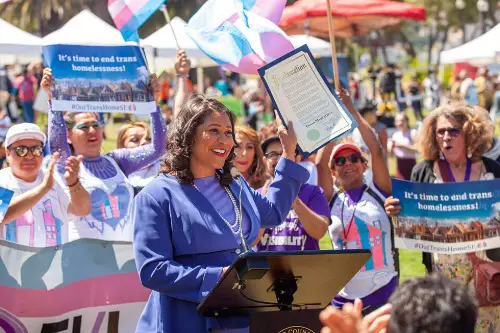
San Francisco launched a pilot program offering $1,200 monthly to low-income transgender residents. The initiative aims to combat poverty and discrimination by providing financial stability and access to healthcare. Applicants must meet income thresholds and identify as transgender, nonbinary, or gender nonconforming. It’s part of the city’s broader equity push.
Nationally, critics argue it’s exclusionary or fiscally irresponsible. Supporters say it’s a model for targeted reparative policy. The debate touches on identity, fairness, and the role of local governments in social justice. And yes, other cities are watching closely.
2. Cook County’s Reparations-Focused Health Equity Zones
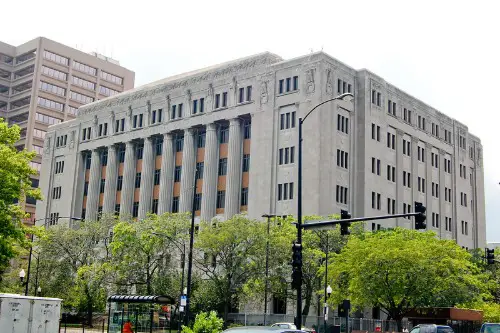
Cook County, Illinois, created “Health Equity Zones” to address racial disparities in healthcare access. The program funds community-led initiatives in historically underserved neighborhoods. It’s framed as a reparations-adjacent model—without direct cash payments. The county uses public health data to guide investments.
National debate centers on whether race-based funding is constitutional or effective. Some call it a blueprint for reparative justice; others see it as divisive. The program’s language alone sparks headlines. And yes, it’s being studied by federal agencies.
3. Multnomah County’s Drug Decriminalization Outreach
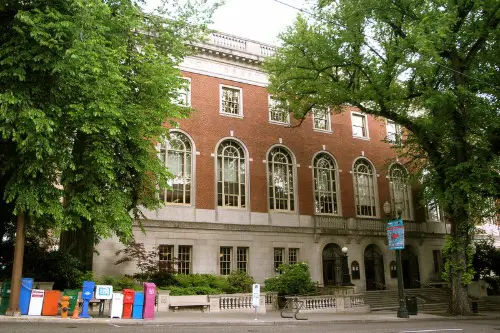
After Oregon decriminalized small amounts of drugs, Multnomah County (home to Portland) launched a hyper-local outreach program. It funds peer-led recovery teams, mobile clinics, and harm reduction education. The goal is to treat addiction as a health issue—not a criminal one. It’s bold, messy, and deeply controversial.
National critics blame the program for rising overdose rates and public disorder. Supporters argue it’s a necessary shift from punitive models. The county insists it’s still evolving. And yes, the debate made it to Congress.
4. Los Angeles County’s “Care Court” for Mental Health

LA County piloted California’s new “Care Court” system, which allows judges to mandate treatment plans for people with severe mental illness. It’s designed to reduce homelessness and incarceration by intervening early. Participants can be referred by family, clinicians, or law enforcement. The court balances autonomy with public safety.
Civil liberties groups call it coercive and ripe for abuse. Others hail it as a humane alternative to jail or street neglect. The tension between consent and care fuels national debate. And yes, other counties are hesitant to follow.
5. Harris County’s Youth Gun Violence Interruption Teams
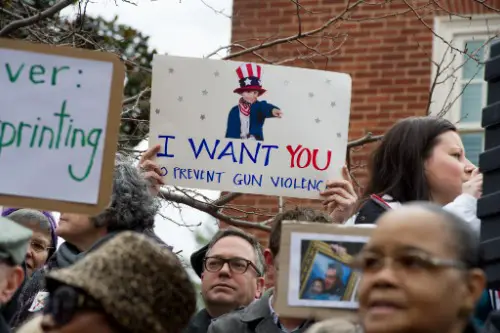
Harris County, Texas, launched a program that sends trained “violence interrupters” into neighborhoods after shootings. These teams mediate conflicts, support victims, and connect youth to services. It’s modeled after public health approaches to violence. The program is funded through local grants and philanthropy.
Nationally, some see it as soft on crime. Others praise its community-first strategy. The debate reflects broader tensions around policing and prevention. And yes, it’s been featured in Senate hearings.
6. Miami-Dade’s Climate Resilience Bonds
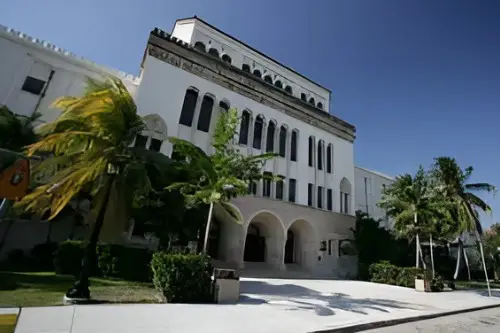
Miami-Dade County issued municipal bonds specifically for climate adaptation—sea walls, floodproofing, and heat mitigation. The program ties financial instruments to environmental survival. It’s a local response to global warming with high stakes. The county treats climate as infrastructure.
National critics worry about debt burdens and scalability. Supporters say it’s a model for proactive governance. The bond structure itself is under federal review. And yes, Wall Street is paying attention.
7. Maricopa County’s Election Audit Oversight Board
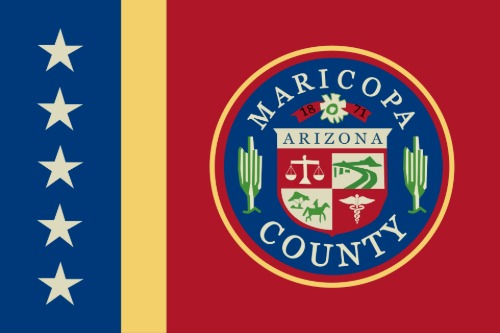
After the 2020 election, Maricopa County created a local board to oversee future audits and counter misinformation. It includes bipartisan experts and transparency mandates. The goal is to restore trust in voting systems. It’s a response to national scrutiny.
Some call it unnecessary or politically motivated. Others see it as a safeguard against future chaos. The board’s existence alone fuels partisan debate. And yes, it’s been cited in federal election reform proposals.
8. King County’s Safe Consumption Site Pilot

King County, Washington, approved a pilot for supervised drug consumption sites—where users can inject under medical supervision. The goal is to reduce overdoses and connect people to treatment. It’s controversial, even within the county. The site hasn’t opened yet—but the debate is loud.
Nationally, critics call it enabling; supporters call it lifesaving. Legal challenges loom, and federal law remains murky. The pilot is a flashpoint in addiction policy. And yes, it’s already inspired copycat proposals.
This post 8 Government Programs That Only Exist in One County—and Still Cause National Debates was first published on American Charm.


